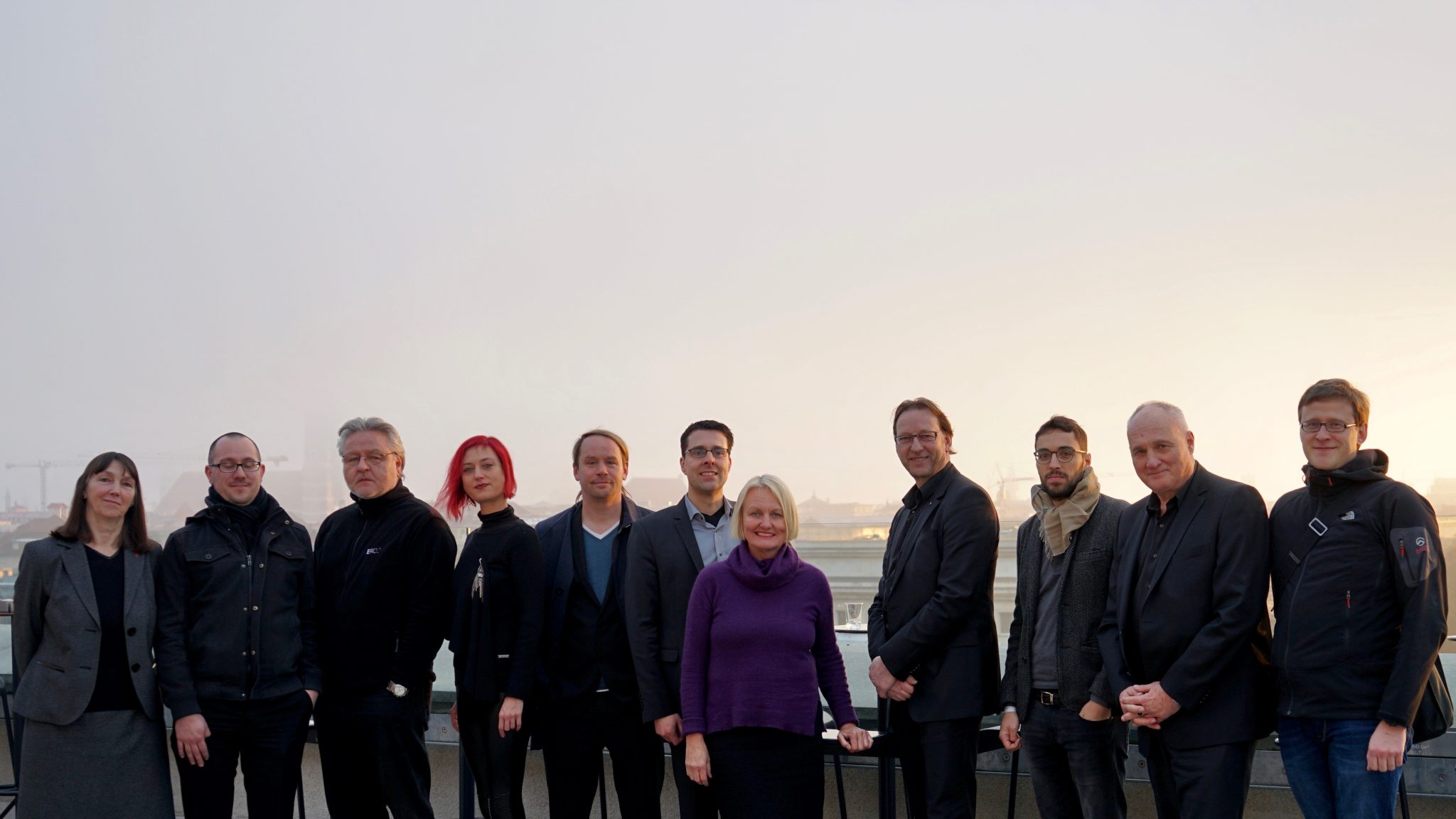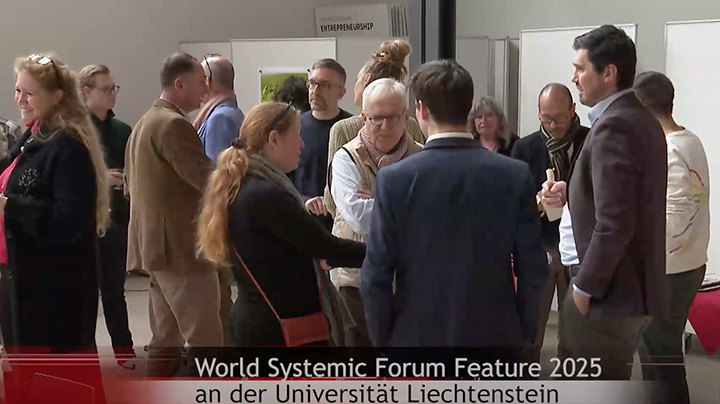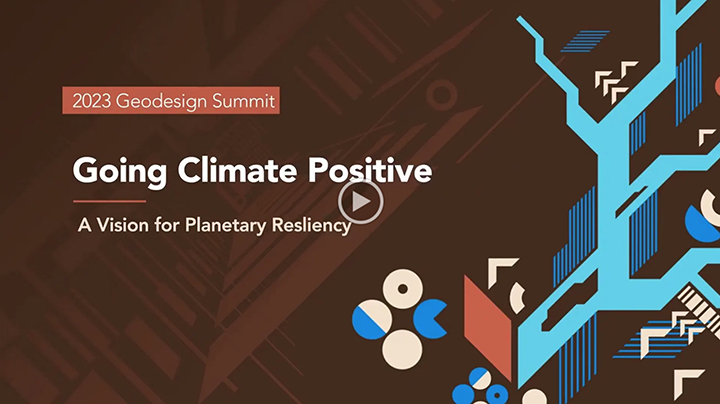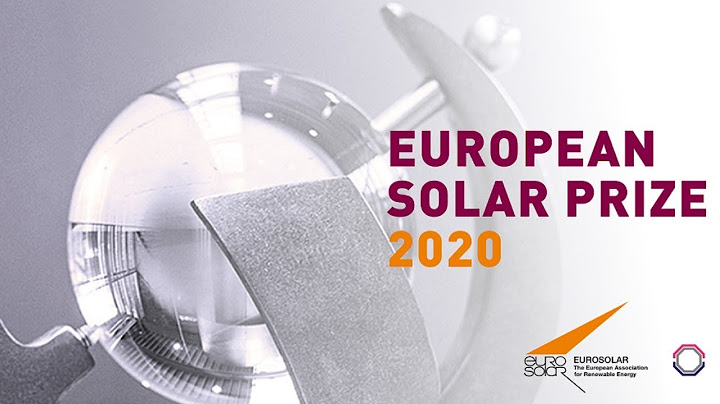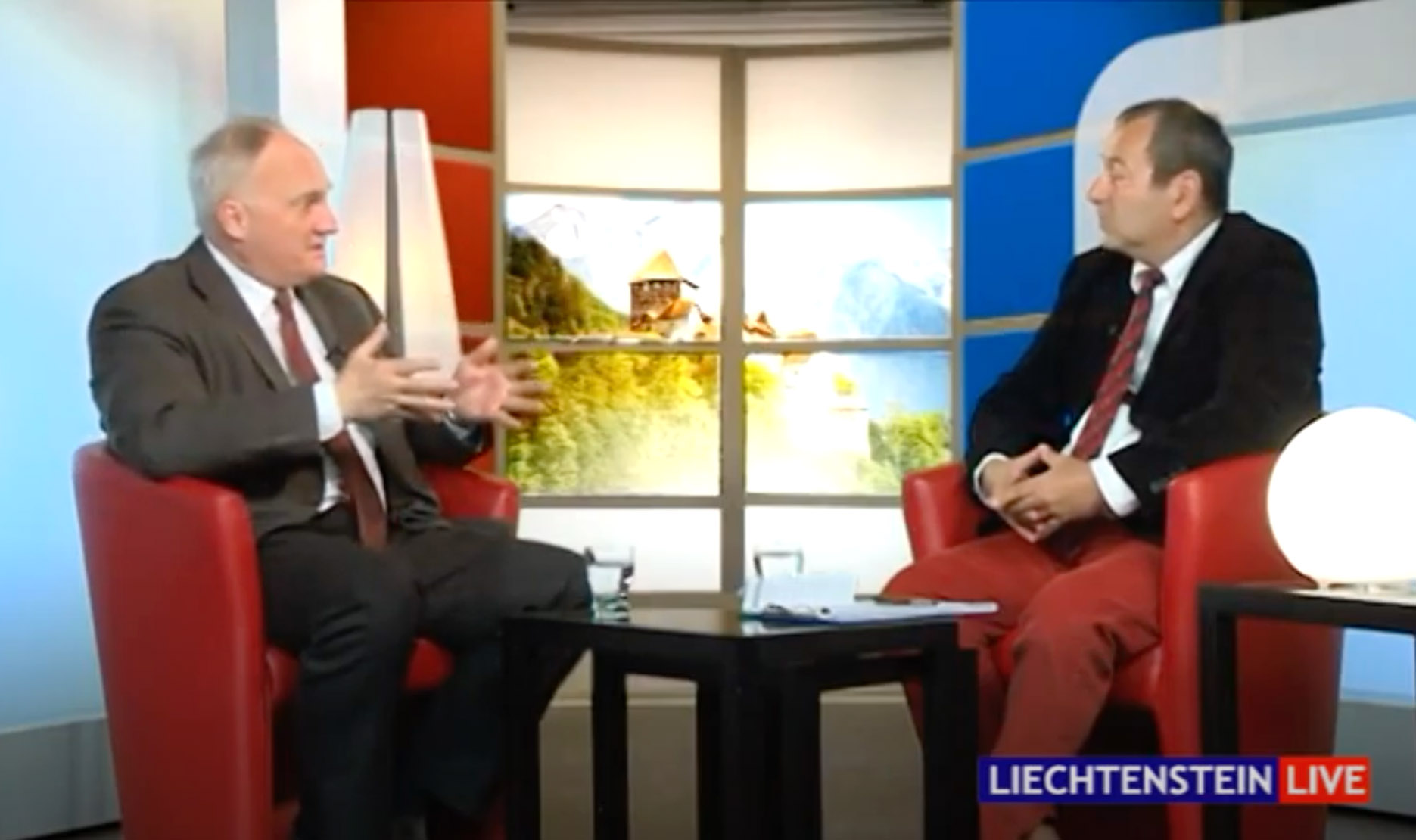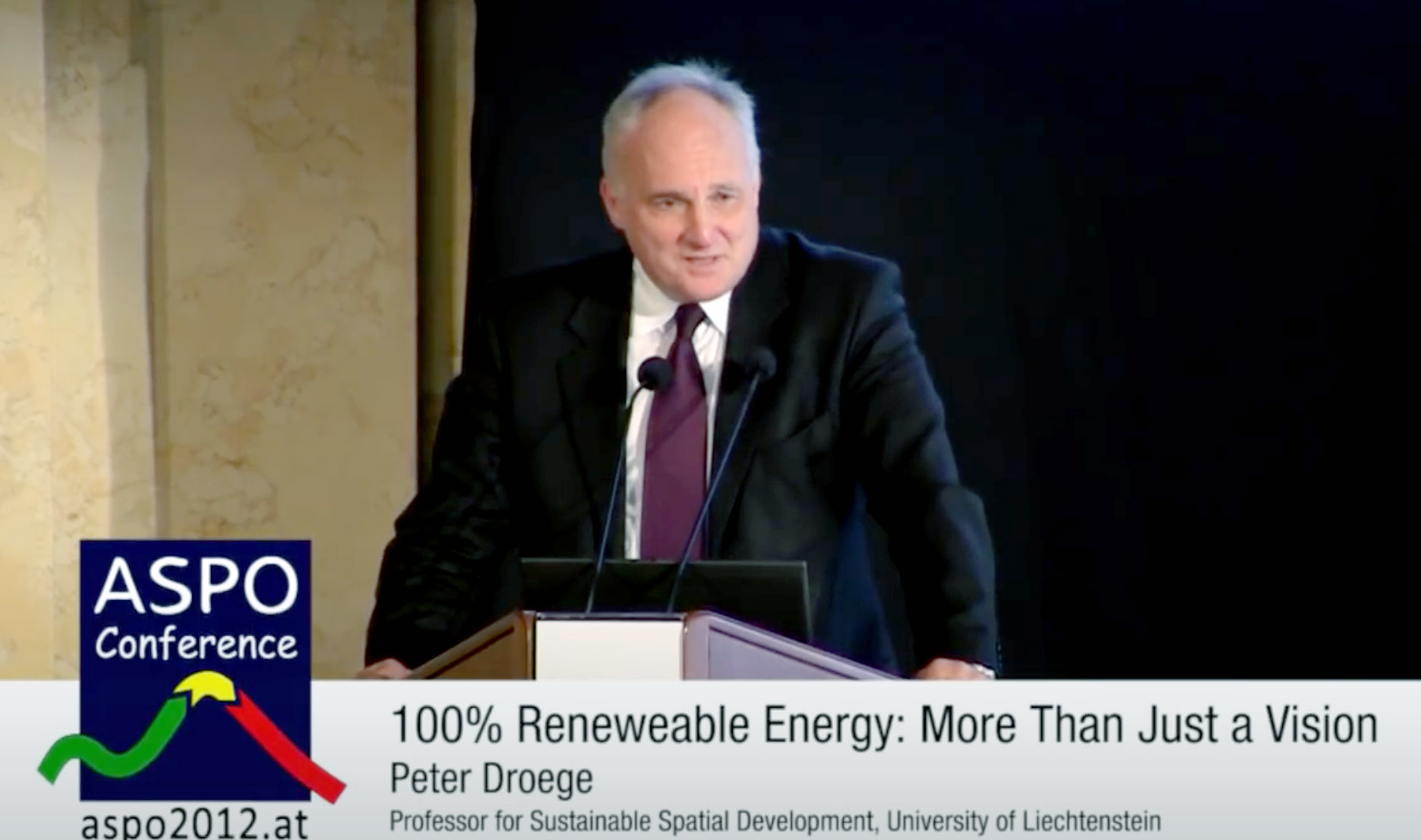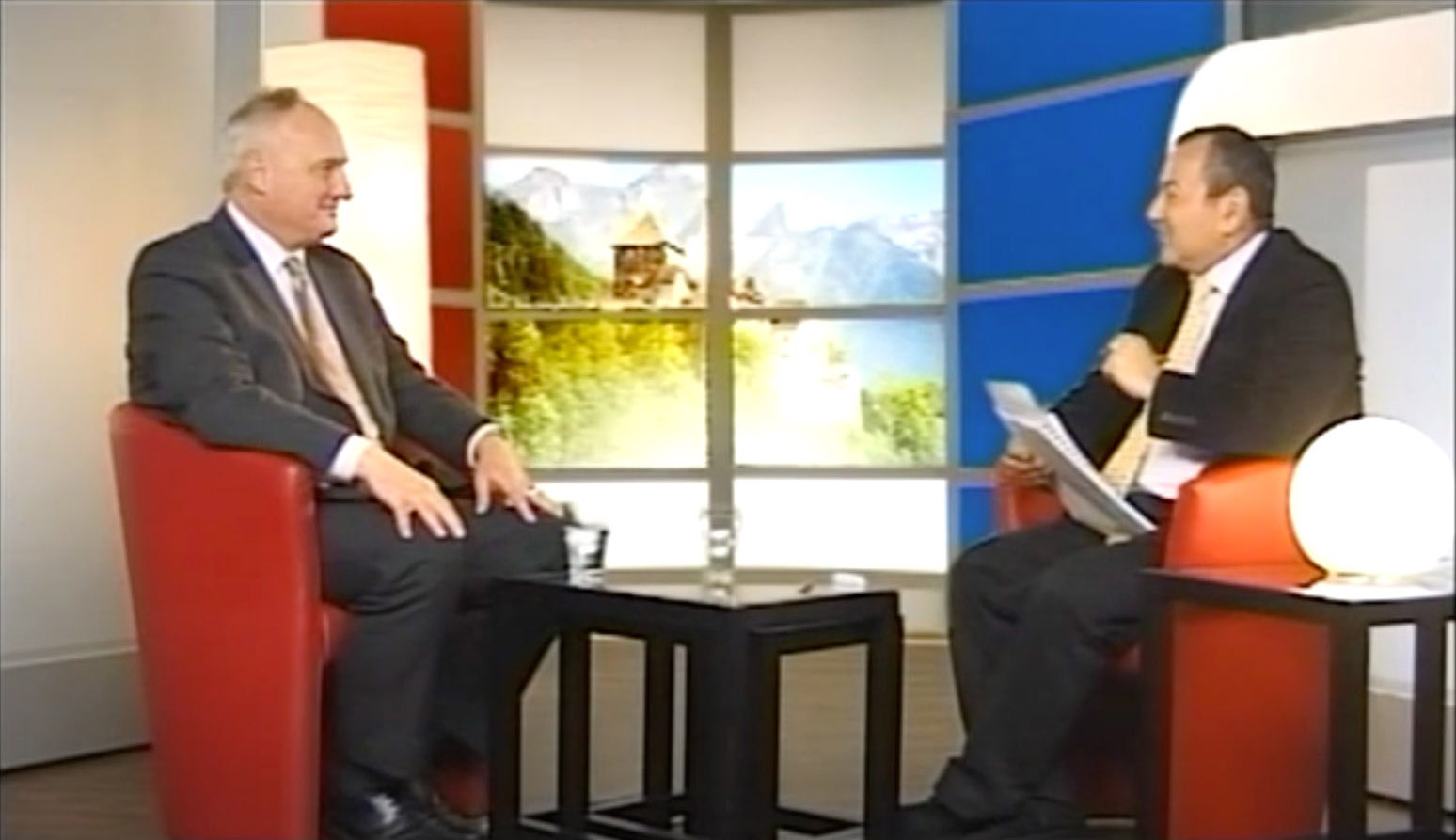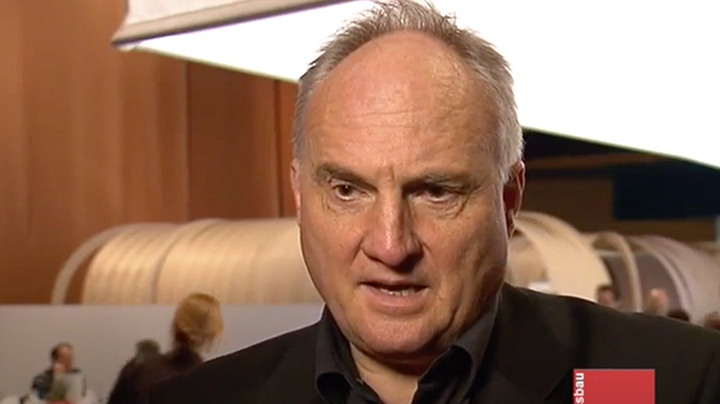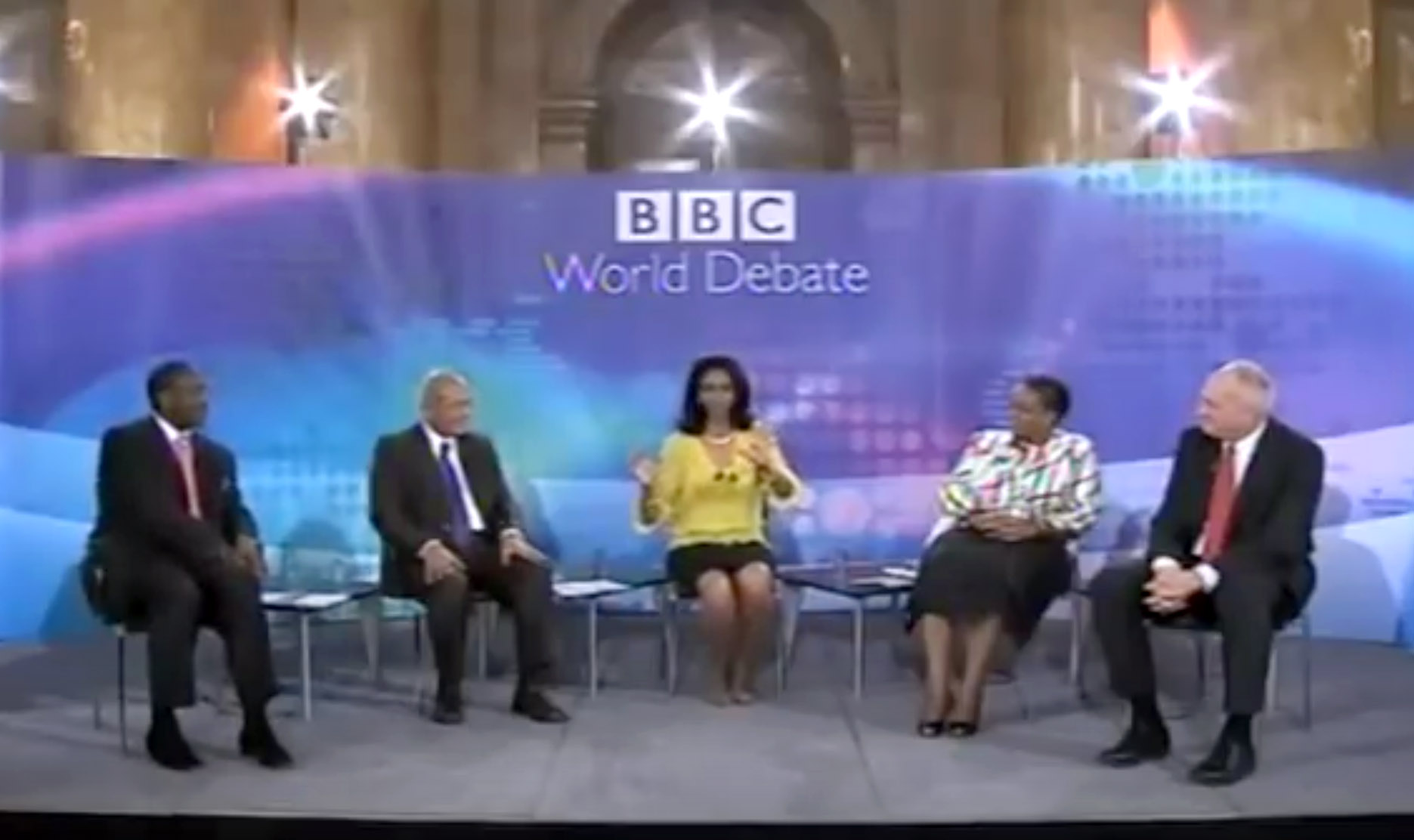LIECHTENSTEIN INSTITUTE FOR STRATEGIC DEVELOPMENT
Time is of the essence for sustainable development and resilience: we make the rapid deployment of regenerative infrastructure work.
ACTIVITIES
Planning & design advisory
Research
Outreach
EXPERTISE
WHO WE ARE
We at Liechtenstein Institute for Strategic Development AG help prepare private and public entities to become more resilient to climatic, energetic and economic changes. We guide their transformation in a manner, which increases both the ecological and economic value of their infrastructure to mitigate against and adapt to climate change. We develop urban and regional energy master plans and provide sustainability advice on urban development projects. A particularly important aspect of our work is geared towards effective strategic and operational large-scale urban development advice.
MISSION
We formed in response to a global recognition that major planetary indicators point not only to a necessary transformation in human settlement development and search for rapid strategies in fighting climate change tipping points and biodiversity collapse but also to the need to strengthen factors critical for human civilisation, its prosperity, innovation and development.
We recognise that isolated sustainable approaches are prone to slow uptake, errors and even failure. It pursues Rapid Regenerative Infrastructure Deployment by integrating science, engineering, economics and finance with city, regional and infrastructure design, community planning and development.
FOR WHOM
We work for cities, towns, regional organisations, international aid bodies and private companies focused on the business of sustainable urban and regional development. Each project, every initiative is pursued with meticulous care, energy and attention to the need of client organisations, companies and communities. We do not apply standard techniques: each approach is custom tailored to specific needs and objectives, using global best practice and expertise.
Local and international experts form our core, provide guidance and leadership. They work together in sourcing and managing projects, based on tailored agreements. Our experts have worked with regions, cities and towns, local, state and national governments, the IEA, IPCC, UNDP, UNECE, UN Habitat and a number of other international organisations.
LATEST NEWS

Prof. Droege speaks at WEF 2026
Professor Peter Droege speaks at the event Strategic Foresight for Cities: future-proofing development through innovative design and partnerships, hosted by Braillard Foundation and Futures Hub for Sustainability on the occasion of the 56th Annual Meeting of the World Economic Forum in Davos,19-23 January 2026.

Scientific Advisory Board of the SDEWES2026 Conference on Sustainable Development of Energy, Water and Environment Systems
Professor Peter Droege has accepted an invitation to join the Scientific Advisory Board of the August 30 to September 2026 SDEWES2026 Conference on Sustainable Development of Energy, Water and Environment Systems in Gran Canaria. This is now the 21st Latin American event of this successful series of international environmental infrastructure conferences. It is associated with the Journal on Sustainable Development. Prof. Droege has been a reviewer for over a number of years.
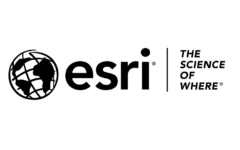
LISD AG is appointed Partner of Esri
Liechtenstein Institute for Strategic Development AG is appointed Partner of Esri, the Environmental Systems Research Institute Inc., largest and oldest provider of software systems for geospatial analysis and planning. LISD is the first and so far only Esri Partner in Liechtenstein, and as an organization part of Esri Switzerland and associated with Esri Germany. LISD has innovated the Spatial Climate Action System that forms the core of the Global Climate Geodesign Challenge and its current Competition, aimed at leveraging geospatial design and planning decisions to help stabilize the global climate.
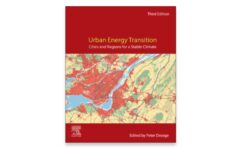
Latest Urban Energy Transition Edition
Urban Energy Transition, Third Edition: Cities and Regions for a stable climate is the most current scientific and practice-based compendium on energy transformations in the global urban system. It also yields perspectives on climate stabilization and the need for comprehensive and additional climate action and policy frames that work in conjunction with the energy transition. This fresh volume examines both established and emerging economic, design, governance, policy and technology related insights and contains contributions from Africa, Asia, Australia, Central Europe and North America.
MEDIA
